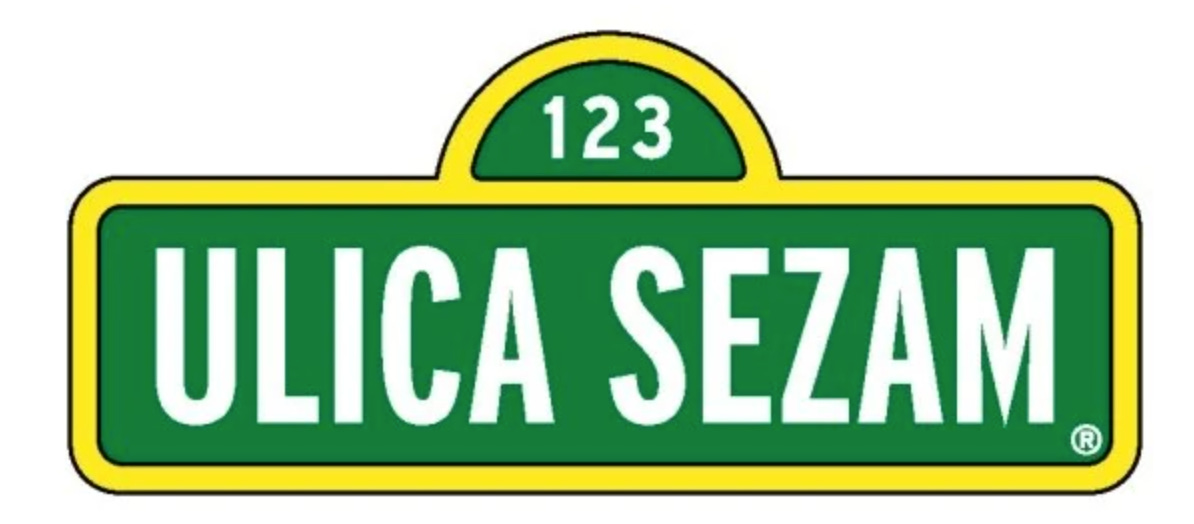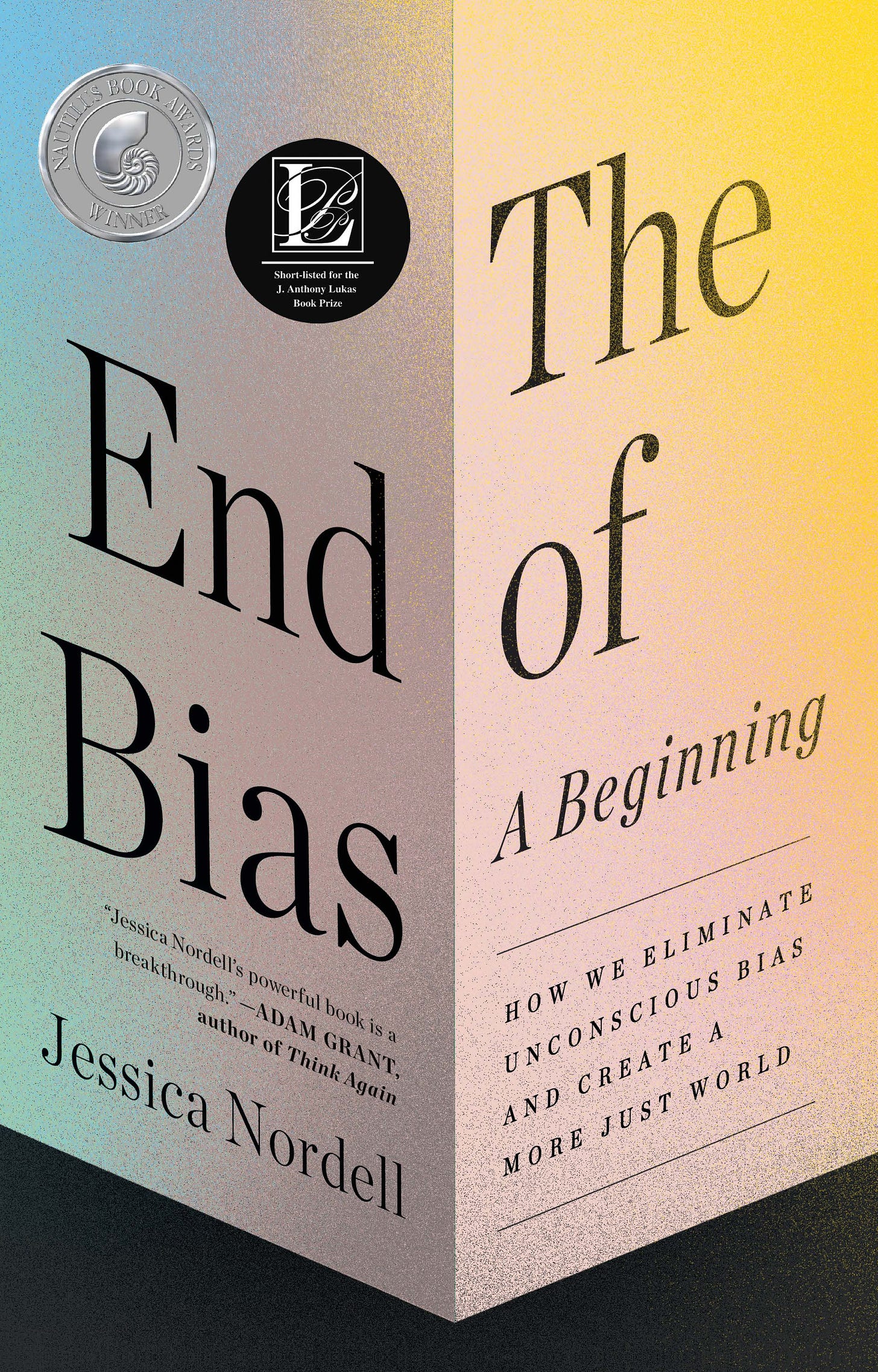Dear friends,
I’ve been putting off addressing Israel-Palestine here because the situation feels so overwhelming, so intractable, it’s nearly impossible to talk about. The region’s web of hostilities and alliances looks like something spun by a tarantula high on coke. The news is so horrific I can feel my brain building fences to keep out the most extreme stories—as though my brain knows my mind doesn’t have the capacity to metabolize them.
I’ve been thinking a lot about Kosovo, and the way that the Albanians and Serbians were such enemies that when Sesame Street tried to make a Kosovar version of the show in 2002, the producers had to speak the name of the show out loud rather than show it written, because neither ethnic group could tolerate seeing the alphabet of the other.
One of the most poignant stories I uncovered while writing The End of Bias was what happened next.

Let me back up. Kosovo had just come out of an ethnic conflict that resulted in the killing of over ten thousand people and the displacement a mind-boggling one million ethnic Albanians and 90,000 Serbs. When Sesame Street showed up, Serbs and Albanians lived segregated lives. Children attended separate schools. Many Kosovar children had never even met their ethnic counterparts. When one Serbian girl was asked by an interviewer why she attended school separately from Albanian kids, she responded, “Because we are Serbian and they are Albanian.” “What’s the difference?” the interviewer asked. The girl paused. “I don’t know,” she said. “Would you like to meet an Albanian child?” “No,” she said.
One of the children said, “I hate Jews.” Then she said, “What’s a Jew?”
A few months ago, a Jewish acquaintance of mine was volunteering with a refugee family that had recently resettled in the U.S. One of the children said to her, “I hate Jews.” She said, “Well, I’m Jewish, and so are all the other volunteers.” The child looked confused. Then she said, “What’s a Jew?”
This is how prejudice is taught: children learn hatred before they even understand who they are hating.
The Sesame Street producers in Kosovo hoped the program might dissolve some of the children’s prejudices. They ultimately decided to make two versions of the program—Ulica Sezam, for Albanian children, and Rruga Sesam, for Serbian children. They couldn’t teach letters and words because of the aforementioned issue with the alphabets. They did a lot of teaching with pictures.
The woman who was then head of international education at Sesame Workshop told me they had multiple goals. They wanted to show each group the other’s similarities–that group also baked bread, and also sang songs with their grandmother. But they also wanted to show how much difference there was within each group, because that would make it harder to stereotype them.
And this is one of the biggest lessons I took from studying how to root out bias and discrimination, and one that’s been tested experimentally. When we see a group as homogenous, we tend to stereotype and discriminate. And we often see “the other” as just that— a big, homogenous blob. (There’s actually a term for it: “outgroup homogeneity.”) When we see a group as highly varied, we do the opposite: we stereotype and discriminate less. And we tend to see our own group as highly and wildly varied.
We must learn to understand that the group that is “the other” is just as various as our own.
So we see us as individuals, and we stereotype them. We essentialize them. We dehumanize them. To reduce bias, I’ve come to understand, we must learn to understand that the group that is “the other” is just as various as our own. Just as non-generalizable. Just as full of unusual characters. Just as full of conflict and disagreement. Just as idiosyncratic. Just as difficult to grok.
The Sesame Street producers did this by including many different children in the live action footage. In one sequence, a group of children sing, “We are kids, and we may differ from one another…” and “In this world, everyone comes with something unique.” “Some are very energetic, some are very quiet,” the children sing. “We all get angry… we all smile the same.”
Imagine a Serbian child needs help, the researchers asked the Albanian children. Is that ok?
So what effect did it have?
Five hundred children were recruited for a study. Before the children watched Sesame Street, the researchers asked them how they felt about different children. Is it ok to play with a child who doesn’t speak your language? they asked. What about a Roma child—would you approach a child from this group? If an Albanian child asked you for help, the Serbian children were asked, would you help him? Would you help her? Imagine a Serbian child needs help, the researchers asked the Albanian children. Is that ok?
Half the children then watched the series in their native language. The other half were told not to watch it.
What the researchers found was that among both Albanian and Serbian children, those who watched Sesame Street were more open to children who were “others.” They were more likely to want to interact with a Roma child. They were more open to playing with a child who didn’t speak their language.
And what of the child who needed help, but belonged to their rival ethnic group?
Yes, the children said. It was ok to help that child. When the researchers asked why it was ok, the children gave many reasons. He is completely lost, they said. The responses went on:
He does not have anything.
He is alone.
He has lost his way.
Somebody from the street might take him away, somewhere far away.
Regardless of everything one should help a child.
Because some dogs might eat him during the night.
They had begun, in small ways, to identify with the enemy’s child.
I pray that the children of Israel and Palestine may learn to see the enemy’s child as a child they might want to help. Because that child is alone. Because somebody might take him far away. Because regardless of everything one should help a child.
May God bless you in this holiday season, and may the memory of all who have been lost be a blessing.
With great hope,
Jessica
This newsletter is free, but if you’d like to support my work, please forward to a friend. Or pick up a copy of The End of Bias: A Beginning, my book about how people become less discriminatory and more fair, just, and humane. If you enjoy my work, you can also now pledge your support for future writing.







Thank you for this. Clearly, there are a lot of adults who need to watch Sesame Street. Seriously.